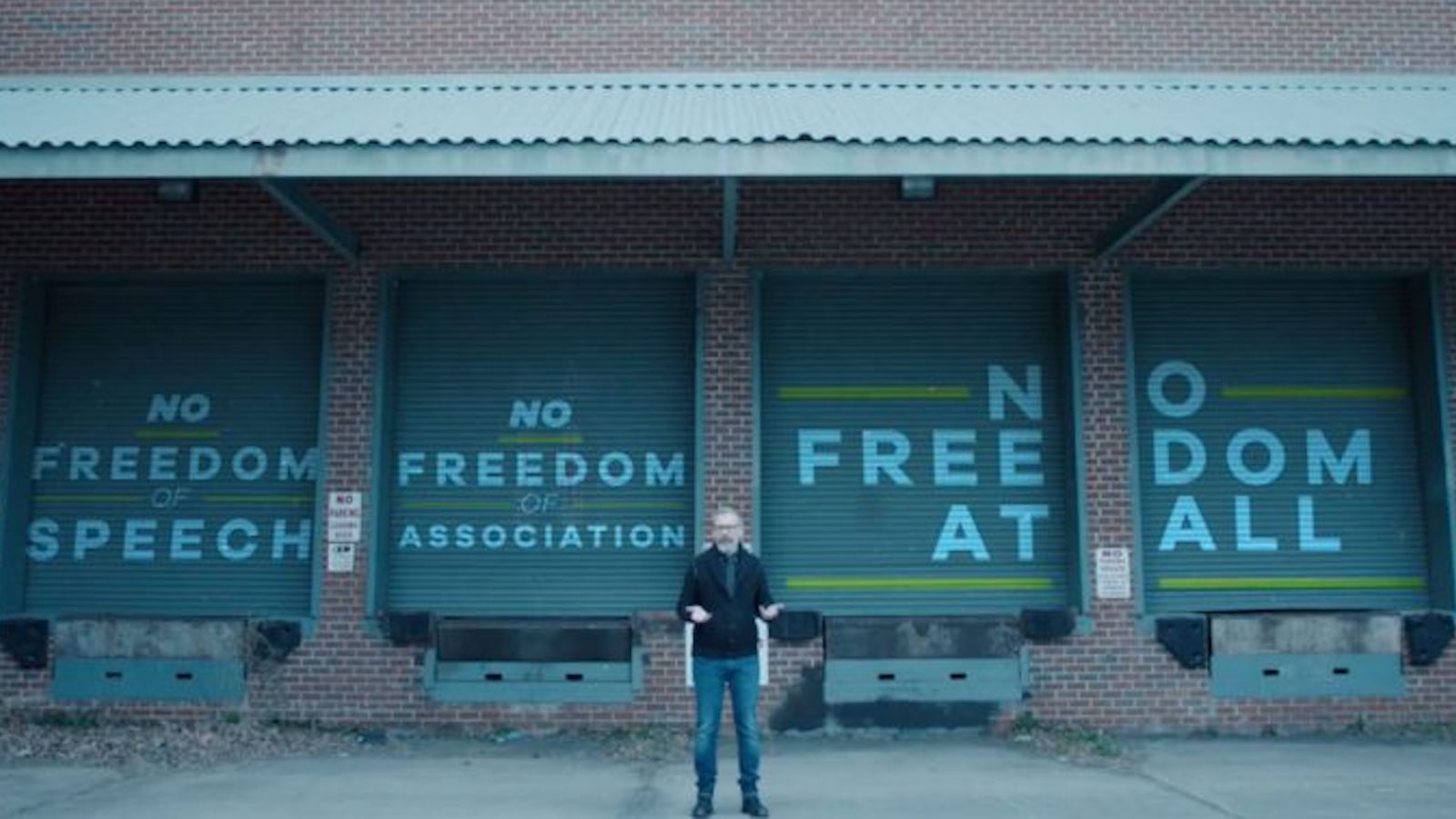
Do You Lean Left Or Right?
When it comes to politics, do you lean to the left or to the right? Have you thought about what that really means?
The closer you look at the political spectrum that we’re all taught, the less sense it makes. Communists on the far left, Nazi fascists on the extreme right—on that scale, it seems like being a “centrist” is merely splitting the difference between different ways to dehumanize people.
The left-right spectrum doesn’t explain much about our relationship to different forms of government, but it does a pretty good job of keeping both sides arguing with one another while government consolidates its power at our expense.
Fascism, communism, socialism, nationalism—it’s time to start looking at what all these have in common: a disregard for you, as an individual human being. In The Deadly Isms video series, Matt Kibbe invites you to rethink the political spectrum as rising “Up from Totalitarianism.”
Through the course of this series, we’ll have some real talk about the human costs of extreme authoritarianism—from the death camps of Nazi Germany to the unfathomable horrors of Mao’s pure communism in China. We’ll examine where these ideas came from, why they always go horribly wrong, and why brainy academics cling to them in spite of all evidence.
As we rise up the scale towards more limited forms of government, we’ll examine the problem of what dictators and bureaucrats cannot know (but that you can), and the dangers of scientism uncoupled from the ethics of liberty. We’ll also look at how nationalism can be used to empower tyranny, and at the consequences of corporatism—big business and big government coming together to screw the rest of us.
Towards the top of the scale, we will explore attempts to democratize power—to create government structures that protect our rights to pursue our own happiness, such as the United States’ own experiment in constitutional republicanism. And finally, we will explore the unbridled potential of free cooperation between voluntary communities of individuals, the anti-fragile structures that emerge from spontaneous order and permissionless innovation.
Along the way, we’ll have to deal with some hard truths about what people will do, and have always done, to one another when given absolute power—even in the name of some greater good. But we’ll also look at the awesome things people are capable of when they are able to create and associate and thrive peacefully.
I hope you can join us in a new way of thinking about governments and politics—that it’s not about some fictional left versus right. The balance of power is between you and the State, between your ability to chart your own course in life and the demands of others who would rather choose for you by making you subject to some Deadly Ism.
Free the People publishes opinion-based articles from contributing writers. The opinions and ideas expressed do not always reflect the opinions and ideas that Free the People endorses. We believe in free speech, and in providing a platform for open dialogue. Feel free to leave a comment.



